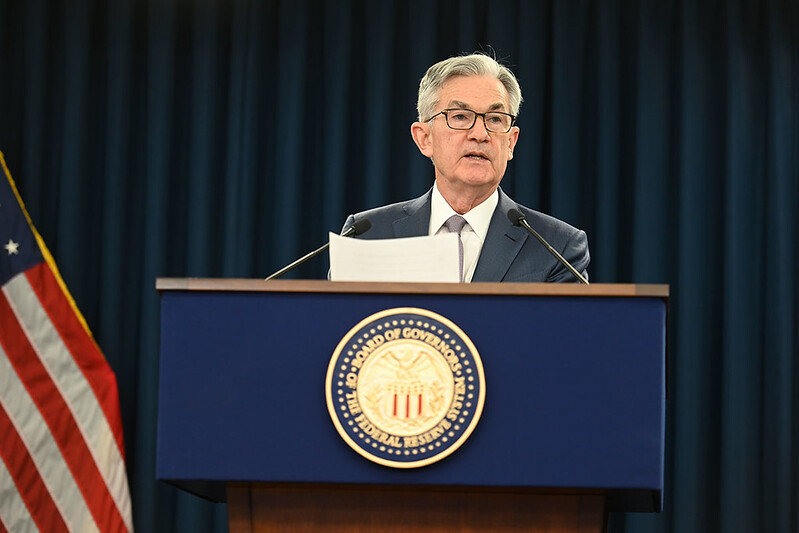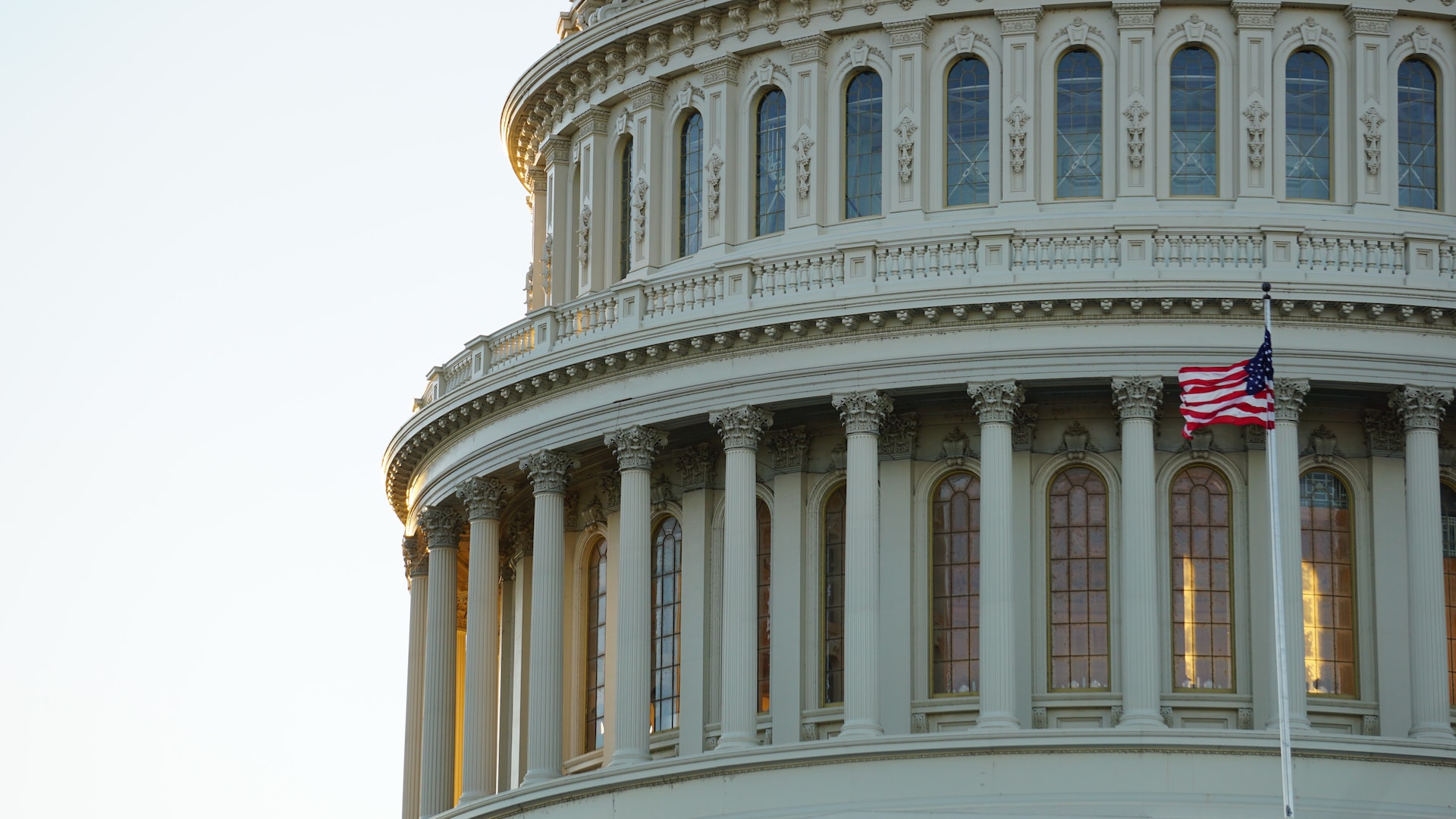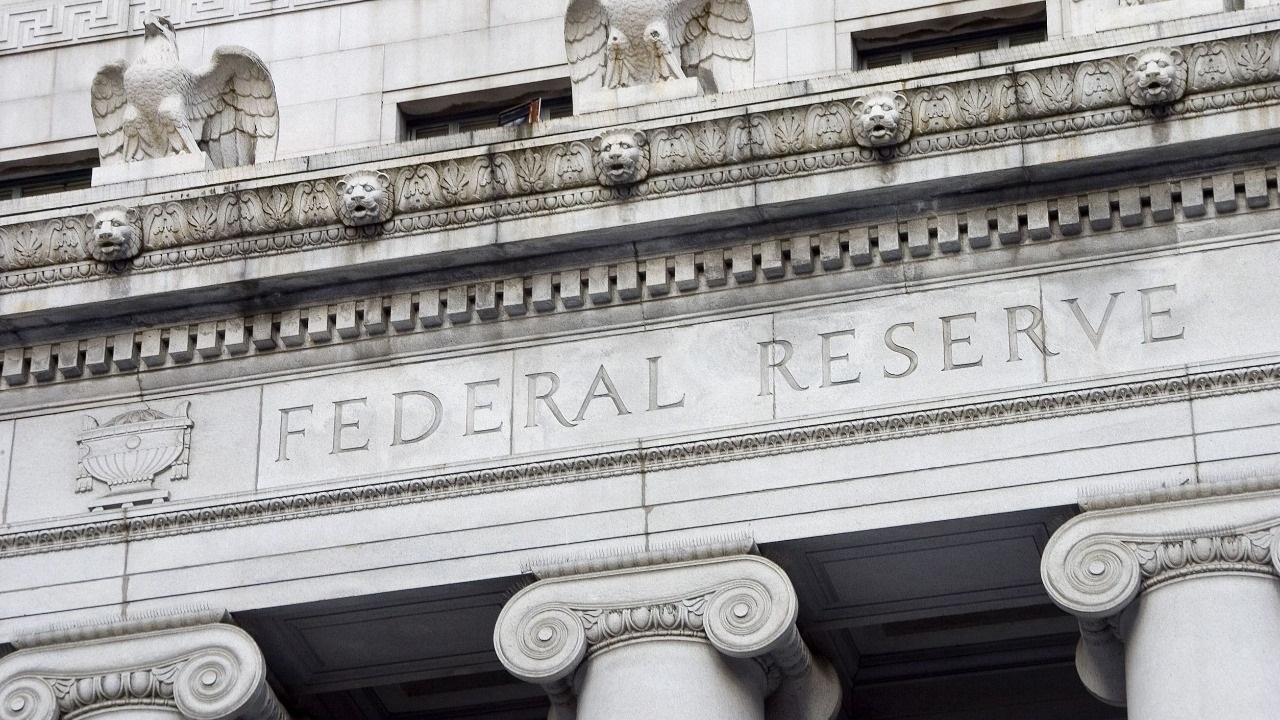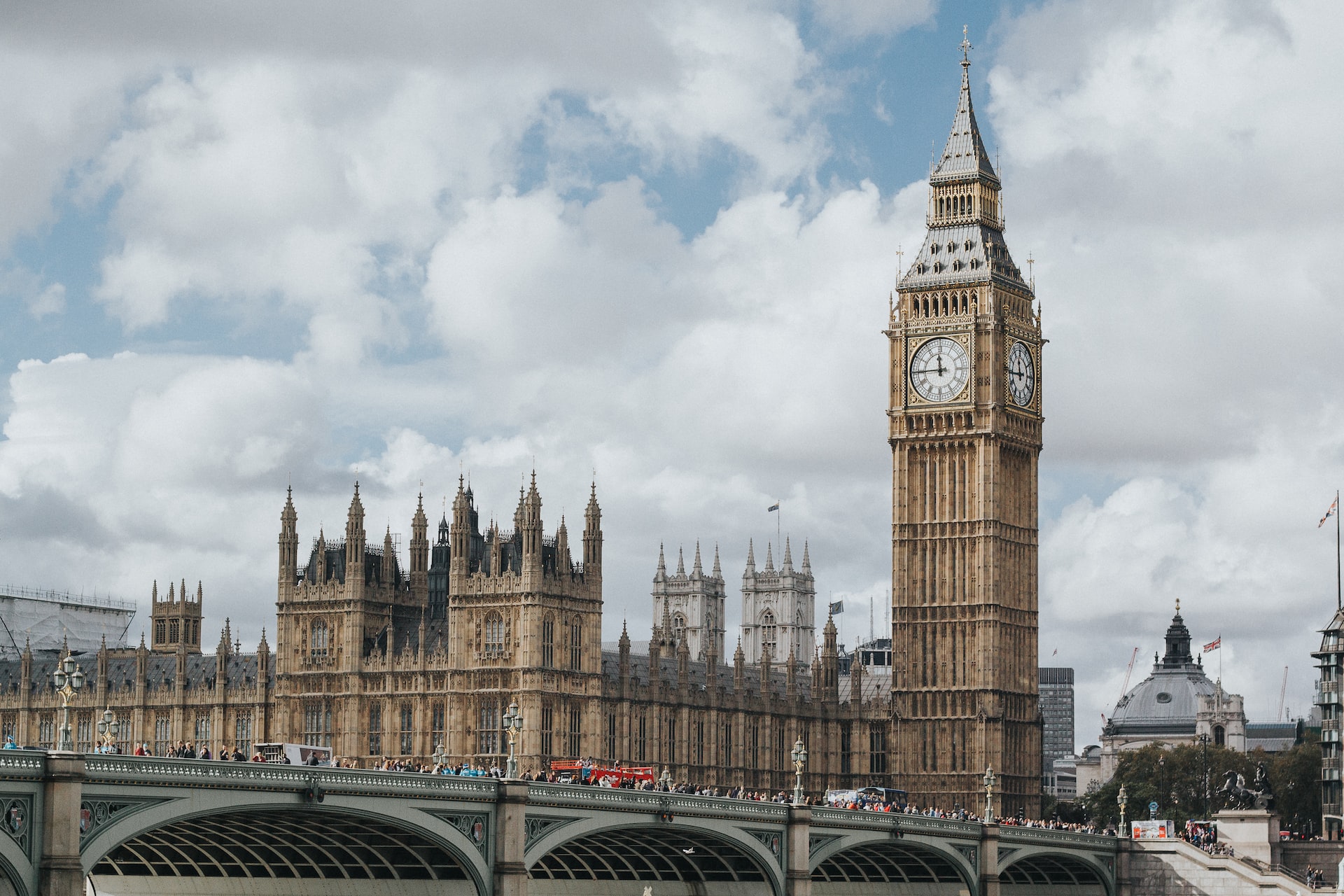
The housing market dodges a bullet as the government shutdown was temporarily averted. But what’s next?
___
Published Date 10/2/2023
When the housing market shakes in its shoes over an impending government shutdown, it’s not without reason, even though many consumers would assume it would be little affected by it. And while it was recently avoided, the specter of it will soon rise again.
When Congress closes down, the many federal government services grind to a halt. That brings new challenges to Americans, the economy—and a housing market hobbled by high home prices, mortgage rates topping 7%, and a critical shortage of homes for sale, according to Realtor.com’s Clare Trapasso.
National Association of Home Builders’ Jim Tobin says, “The housing market is in a very fragile state right now. We don’t need a government shutdown that further damages the housing market.”
The biggest impact on residential real estate could be mortgage rates, which are primed to go even higher, according to Trapasso. “Homebuyers could run into delays closing sales and have trouble securing popular loans. Government employees and contractors might have trouble making their mortgage and rent payments.”
As always, the length of a shutdown is in direct proportion to the amount of damage done to real estate as well as other industries. “Four shutdowns have occurred over the past decade,” says Trapasso . “The last one was in late 2018 and stretched into early 2019. It lasted 34 days as President Donald Trump had wanted funding to build a border wall, which Democrats had opposed.”
“If the government shutdown lasts two to three weeks, it’s not great, but it isn’t a big deal for the economy or housing market,” says Mark Zandi, chief economist at Moody’s Analytics. But “a longer government shutdown could cause the economy to flatline, costing jobs and thus, hurting housing demand. Home sales may also be affected directly by the shutdown if homebuyers and builders aren’t able to get permits and insurance they may need.”
A government shutdown could also lead to higher mortgage rates, says Bill McBride, author of the Calculated Risk economics blog, who had correctly predicted the last housing bust in the 2000s.
Uncertainty is poison to any economy, and shutting down the government can inject a certain amount of trepidation. Inflation, unemployment, and other data that the U.S. Federal Reserve considers when deciding whether to hike its rates could be affected. For example, investors purchasing mortgage bonds (which are mortgages that are bundled together and sold so lenders can free up funding to make new loans) are likely to want higher mortgage rates to compensate them for the unpredictability in the market.
Realtor.com® Chief Economist Danielle Hale agrees. “The uncertainty is one more element that could lead to volatility in the mortgage and other financial markets.” Says. A long enough shutdown can lead to lower mortgage rates if it lasts long enough to hurt the economy significantly, forcing the Fed to cut its rates.
But that is not a silver lining, since a shutdown would also likely slow down the trickle of home sales, frustrating buyers and sellers eager to close. “The problem is lenders need to verify buyers’ income before approving loans,” says Trapasso. “That could become trickier if the Internal Revenue Service doesn’t provide income verifications, which is what happened in previous shutdowns.” This includes those buying homes in flood zones, where lenders often require insurance coverage to protect their investments in flood-prone areas. Why? During a shutdown, buyers as well as homeowners would not be able to renew National Flood Insurance Program policies.
While there are workarounds, transferring policies isn’t ideal and private flood insurance might be pricier than what’s offered in the national program. As for claims after a disaster? They would be paid only until the money in the program is used up.
Securing USDA home loans in more rural parts of the country would become problematic as well. USDA loans are popular because of their favorable down payment terms (no money down if they are approved).
Most federal workers, contractors, and those whose employment relies on federal funding will not get paid during a shutdown. While some will be furloughed, others will be required to work without a paycheck. Typically, government workers get back wages, but most other workers do not. Of course, this all trickles down to homeowners’ inability to make mortgage payments and renters to pay their landlords, as many live paycheck to paycheck. Buyers might not be able to go through with a home purchase. “Workers can face a cash crunch that could make buying a home unfeasible,” says Hale.
As for builders and developers, a shutdown could halt any government for their projects, slowing down new construction, says Tobin. Most of these projects are larger, multifamily developments, such as apartment buildings and complexes.
Bottom line? Government shutdowns are always bad news for the economy and housing market. So cross your fingers regarding the next looming deadline as well.
Realtor, TBWS
All information furnished has been forwarded to you and is provided by thetbwsgroup only for informational purposes. Forecasting shall be considered as events which may be expected but not guaranteed. Neither the forwarding party and/or company nor thetbwsgroup assume any responsibility to any person who relies on information or forecasting contained in this report and disclaims all liability in respect to decisions or actions, or lack thereof based on any or all of the contents of this report.
Superior Funding Corporation is a Massachusetts Mortgage Company. Massachusetts Mortgage Lender and Broker License: MC2972, NMLS ID: 2972.


Roman Shulman
Mortgage Professional
NMLS: 11481
Superior Funding Corporation
343 Washington Street, Newton MA
Company NMLS: 2972
Office: 617-938-3900
Email: rshulman@sfcorp.net
Web: http://sfcorp.net

Roman Shulman
___
Mortgage Professional
NMLS: 11481
Last articles
___

March durable goods orders exceed expectations even as February’s orders revised significantly lower
4/24/2024
March durable goods orders expected +2.3%, increased 2.6% but February orders we... view more
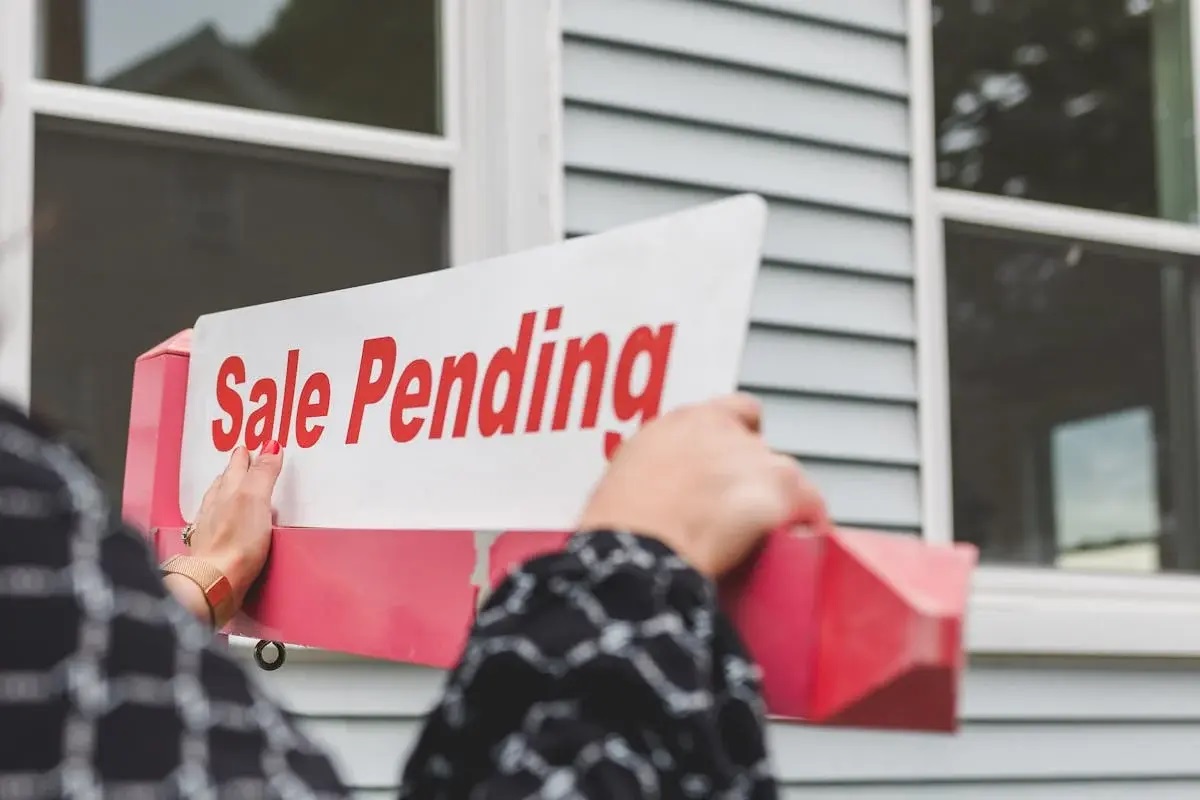
Never underestimate the value of professional real estate agent representation
4/22/2024
Click the link; buy a sofa. Click on another; buy a pergola for your backyard...... view more

Markets see a minor rebound
4/17/2024
Overnight a little volatility but well within the narrow range, the 10 year note... view more

Rate cuts in 2024? There’s no ‘there there’ quite yet
4/15/2024
Inflation jumped in March, giving the U.S. Federal Reserve ammunition to hold of... view more

Markets experience major setback on higher than expected CPI
4/10/2024
The day the world awaited, March CPI. Prior to the 8:30 am ET release the 10 yea... view more

Contradiction of robust job growth and a sluggish housing market isn’t over yet
4/8/2024
For the past few years, fears of a recession have been fickle, teasing us at eve... view more

The ADP Private Jobs report was much stronger than expected
4/3/2024
US financial markets continue to reel over the concerns the Fed may withhold the... view more

2024 remodeling trends? A new sink instead of a new bathroom
4/1/2024
It was just a few years ago when mask-wearing homeowners lined up at the big box... view more

Volatility remains low
3/27/2024
Markets started the day fractionally better, the 10 year note at 8 am ET 4.22% -... view more

NAR settlement may mean commission rebates if you recently sold your home
3/25/2024
While agents are still sorting out what all this means for their business, the m... view more
Load more
 Superior Funding Corporation
Superior Funding Corporation